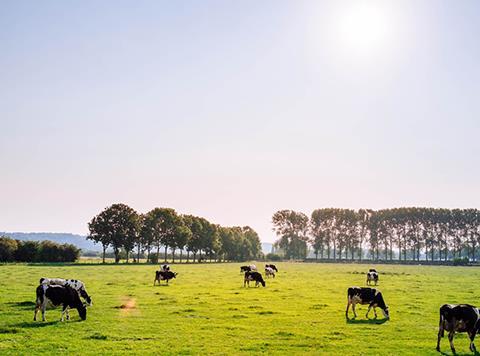
The government’s plans to introduce compulsory contracts between milk producers and buyers has been criticised by the NFU for not going far enough to protect farmers.
The measures set out by Defra in response to the Groceries Code Adjudicator remit consultation on Friday already mirrored the guidance of EU regulations and the Common Agricultural Policy, the union said.
According to the policy, member states may introduce mandatory written contracts between milk producers and processors protecting prices payable, volumes and delivery times, payment procedures, arrangements for collection and delivery and rules applied in the event of force majeure.
While welcoming aspects of the announcement, the NFU expressed disappointment that the government did not go further with its proposals, with outgoing president Meurig Raymond suggesting the government did not go far enough, as British farmers almost entirely have contracts in place already.
Speaking ahead of this year’s NFU conference, whcih starts today (20 February), Raymond said: “Dairy farmers already have contracts; what we’d like to see is minimum standards in those milk contracts to ensure that farmers are protected against unfair clauses such as those requiring exclusivity, unbalanced variation of terms and short-notice price changes.”
However, the government’s pledge to consult with the AHDB and other bodies to consider whether the dissemination of data could be improved was welcomed by NFU chief dairy adviser Sian Davies. She called for further clarity in addition to regulation on the collection, auditing and publication of data on prices and volumes.
Other measures set out by ministers following the consultation include the introduction of a £10m “collaboration fund” to help farmers and small producers in its response to the consultation on the remit of the GCA.
The fund would be designed with input from the farming industry with the aim of bringing farmers together to enjoy “substantial economic benefits, enabling farmers to benefit from economies of scale, share knowledge and jointly market their produce”, said Defra in a statement.
Abattoirs would also be required to standardise sheep carcase classification to ensure more transparency and price certainty for farmers, as part of the strengthening of regulations, said Defra. But Raymond added “multiple concerns” remained for the NFU over transparency in the sheepmeat sector, despite the move.
Farming minister George Eustice announced the measures, hailing them as “essential” in securing farmers a fair price for the food they produce.
“Too often in the past, farmers have ended up being price takers and there have been too many instances where a lack of transparency in prices and charges by some processors has undermined the market,” he said.
“This package of measures is designed to improve transparency and integrity within the food supply chain and to support collaborative business models where producers can come together to strengthen their position or work jointly on specific areas of work.”







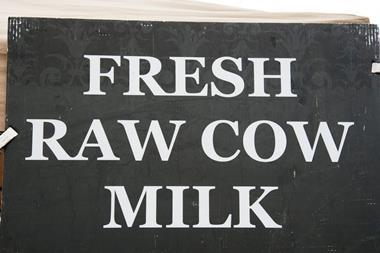


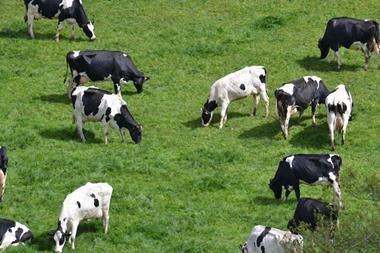
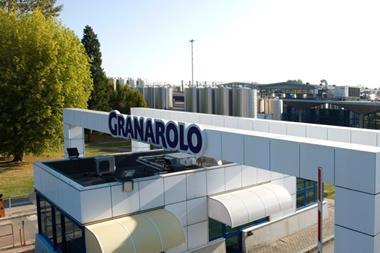
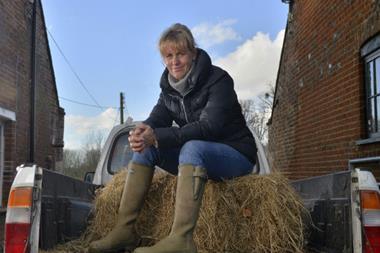






No comments yet